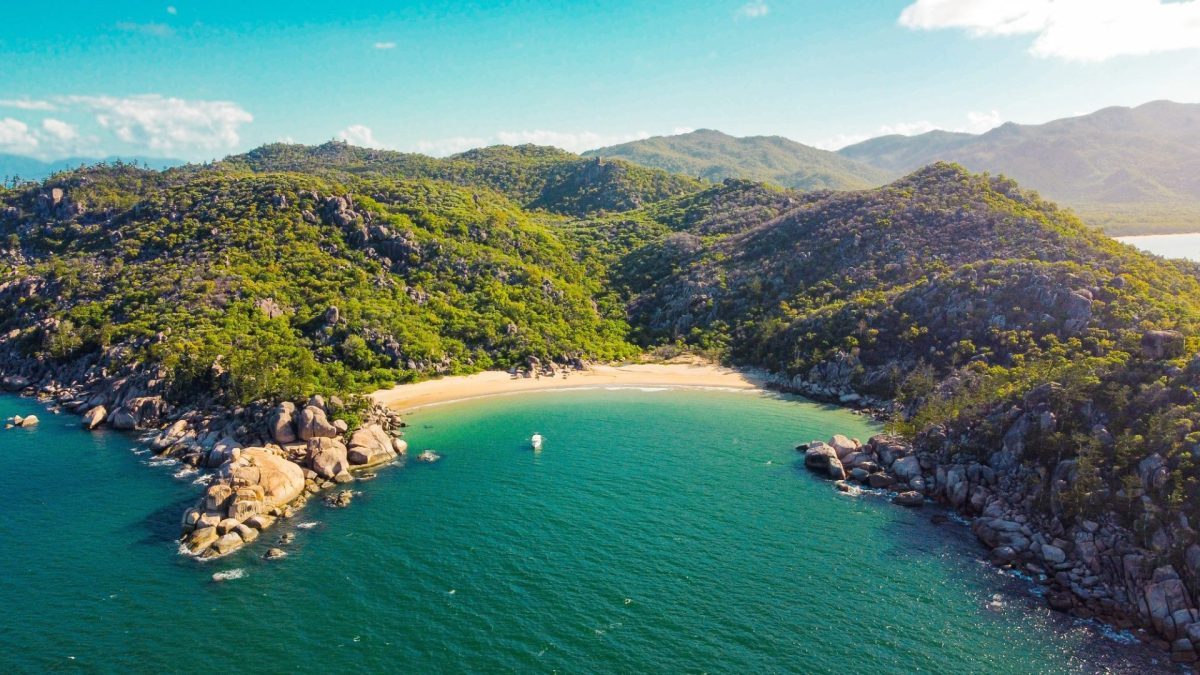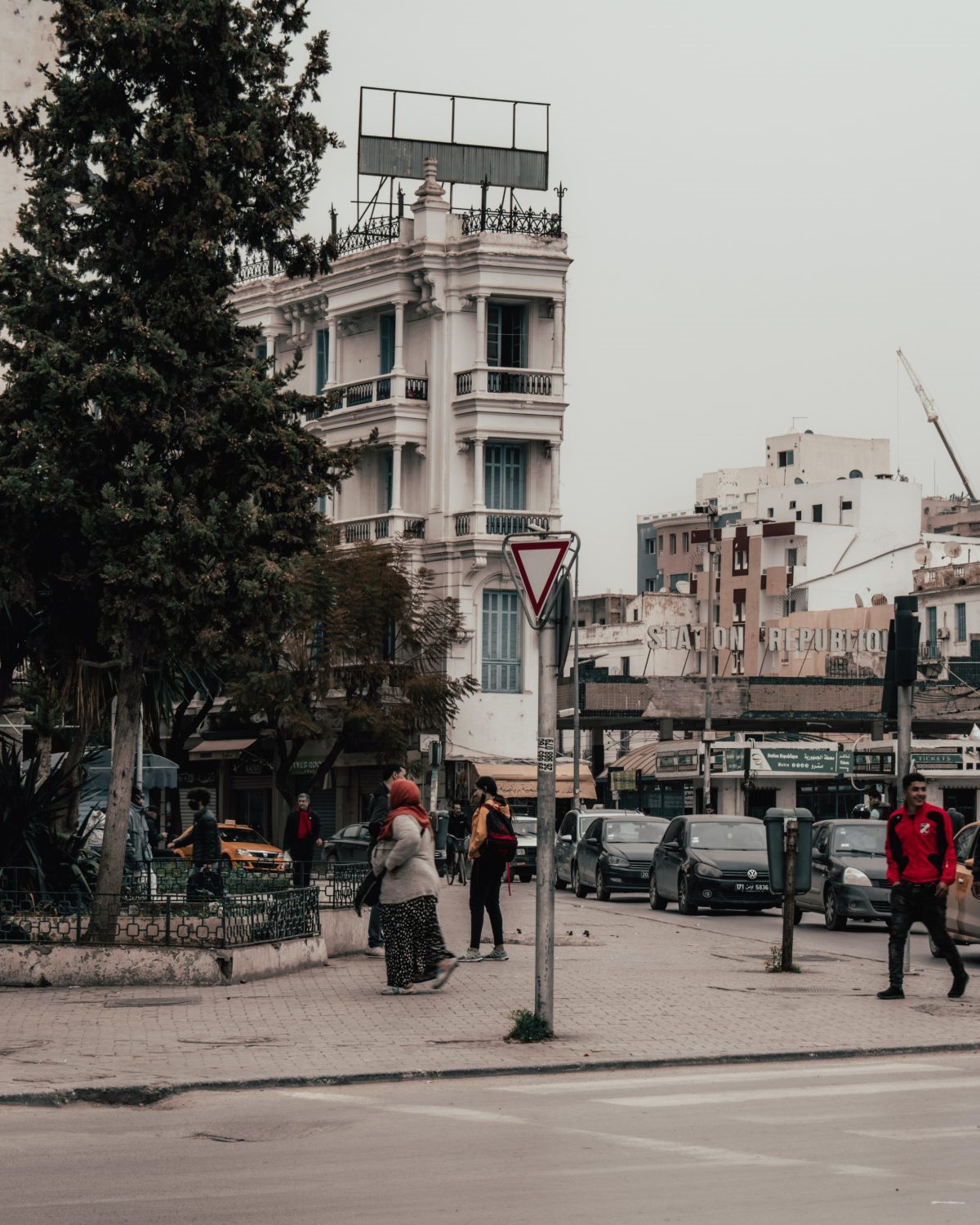Tunis, the capital city of Tunisia, is one of the most beautiful and vibrant destinations in North Africa. Home to magnificent mosques, bustling souks, and fascinating historical sites, it is undoubtedly a city full of charm and rich culture. But if you really want to experience the best of Tunis, then you should go beyond the city limits and explore the surrounding countryside. In this blog post, we’ll take you on a journey to discover the two best multi-day trips in Tunis, which will offer you a unique and unforgettable experience beyond the city. Get ready to embrace the beautiful scenery, discover ancient ruins, and immerse yourself in the local culture.
The 2 Best Multi Day Trips in Tunis
The 2 Best Multi Day Trips in Tunis
1. Tunisia: 3-Day Sahara Desert Camel Trek from Douz

Discover the beauty of Tunisia’s Sahara Desert with a 3-day camelback trek. Your journey will start with an early pick-up from your Douz accommodation, where you’ll meet your knowledgeable Bedouin cameleers who will guide you through the vast sandy terrain. You’ll have the opportunity to witness the changing landscape as you ride the camel, indulge in Berber and Bedouin cuisine, and spend the night under the starry sky at a campsite. On day two, you’ll witness a breathtaking sunrise and have a traditional Bedouin lunch before riding the camel until sunset. The tour concludes on day three with more camel riding and a return to your initial meeting point in Douz. Pick up and drop-off at your Douz accommodation, all meals, coffee, and tea are included in the tour. Don’t forget to bring sunglasses, a sun hat, and comfortable shoes to make the most of your desert adventure.
2. From Tunis: 2 Days Sahara Express Experience

Explore the beauty of the Sahara Desert with the 2 Days Sahara Express Experience starting from Tunis. On day 1, visit the impressive Coliseum of El Jem and the unique troglodyte homes in Matmata. Enjoy a typical Tunisian lunch before departing to Douz, the “desert gate” city, where you will check-in at your hotel and have dinner. Rise early on day 2 for an unforgettable sunrise over the stunning salt lake of Chott El Djerid. Continue your journey to Chebika, a picturesque mountain oasis, and visit Ong Jmal and “Mos Espa,” the famous Star Wars movie site. Have lunch in Gafsa and then enjoy a panoramic visit of Kairouan, one of Islam’s holy cities and a UNESCO World Heritage site. The tour includes transportation in a private air-conditioned 4×4 vehicle with a driver, accommodation in a 4-star hotel, meals, and the services of a professional guide. Don’t miss this opportunity to experience the wonders of the Sahara Desert.
Frequently Asked Questions about Tunis: Everything You Need to Know
Tunis is the capital of Tunisia, a vibrant North African country that lies along the Mediterranean coast. With a rich history, a unique culture, and a fascinating mix of modern and traditional, Tunis has become an increasingly popular destination for travelers. Here are the answers to some of the most frequently asked questions about Tunis.
What is the best time to visit Tunis?
If you want to avoid the summer crowds and the heat, the best time to visit Tunis is during the spring (March-May) and fall (September-November). The temperatures are milder, there are fewer tourists, and you can enjoy the beautiful sights and attractions without feeling too hot.
What are the top attractions in Tunis?
Tunis has a lot to offer for tourists, including ancient ruins, museums, and shopping districts. Some of the top attractions include:
- The Bardo Museum, which features an impressive collection of Roman mosaics and other artifacts
- The Medina of Tunis, a UNESCO World Heritage site that is home to winding alleys, bustling souks, and historic Islamic monuments
- The Carthage National Museum, which celebrates the ancient history of Carthage and the surrounding region
- The Tunisian National Theater, which hosts a variety of cultural events throughout the year
- The Sidi Bou Said village, a beautiful blue and white town located just outside Tunis
What is the Medina of Tunis?
The Medina of Tunis is the historic city center of Tunis, which dates back over 1,000 years. With its winding alleys, narrow streets, colorful markets, and beautiful mosques, it is a fascinating place to explore for tourists. It is also one of the best-preserved Islamic cities in the world and has been designated as a UNESCO World Heritage site.
Is Tunis safe for tourists?
Like any major city, there are some safety risks to be aware of when visiting Tunis. However, overall, Tunis is a safe place to visit for tourists. The government has taken steps to improve security in recent years, and the police presence is noticeable in many parts of the city. As always, it is important to exercise common sense when traveling and take precautions to protect yourself and your belongings.
What is Tunisian cuisine like?
Tunisian cuisine is a mix of African, Mediterranean, and Middle Eastern influences, and it is known for its bold flavors and spicy dishes. Some of the most popular Tunisian dishes include:
- Couscous, a staple dish made from semolina that is often served with meat or vegetables
- Brik, a crispy pastry filled with egg and tuna or meat
- Harissa, a hot chili pepper paste that is used to add flavor to many dishes
- Tajine, a slow-cooked stew that usually includes chicken or lamb, vegetables, and spices
- Merguez, a spicy lamb or beef sausage that is often served as an appetizer
What is the currency used in Tunis?
The currency used in Tunis is the Tunisian dinar (TND), which is divided into 1,000 millimes. Most hotels, restaurants, and shops accept credit cards, but it is always a good idea to carry some cash with you just in case. You can exchange currency at the airport, at banks, or at exchange bureaus located throughout the city.
What language is spoken in Tunis?
The official language of Tunisia is Arabic, but French is also widely spoken, especially in tourist areas. Many people also speak English, particularly those in the hospitality industry. It can be helpful to learn a few basic Arabic phrases before you go, but it is not necessary to be fluent in the language.
How do I get to Tunis?
Tunis has an international airport, the Tunis-Carthage Airport, which is located just a few miles from the city center. There are direct flights from many European and Middle Eastern cities, as well as connections to other parts of Africa and Asia. You can also enter Tunisia by boat from Italy or Malta, or by driving from neighboring countries.
Conclusion
Tunis is a fascinating mix of ancient history and modern culture, and it is an increasingly popular destination for travelers. Whether you want to explore the winding alleys of the Medina, sample the delicious local cuisine, or learn about the rich history of Carthage, there is something for everyone in this vibrant North African city.
Table of Contents

